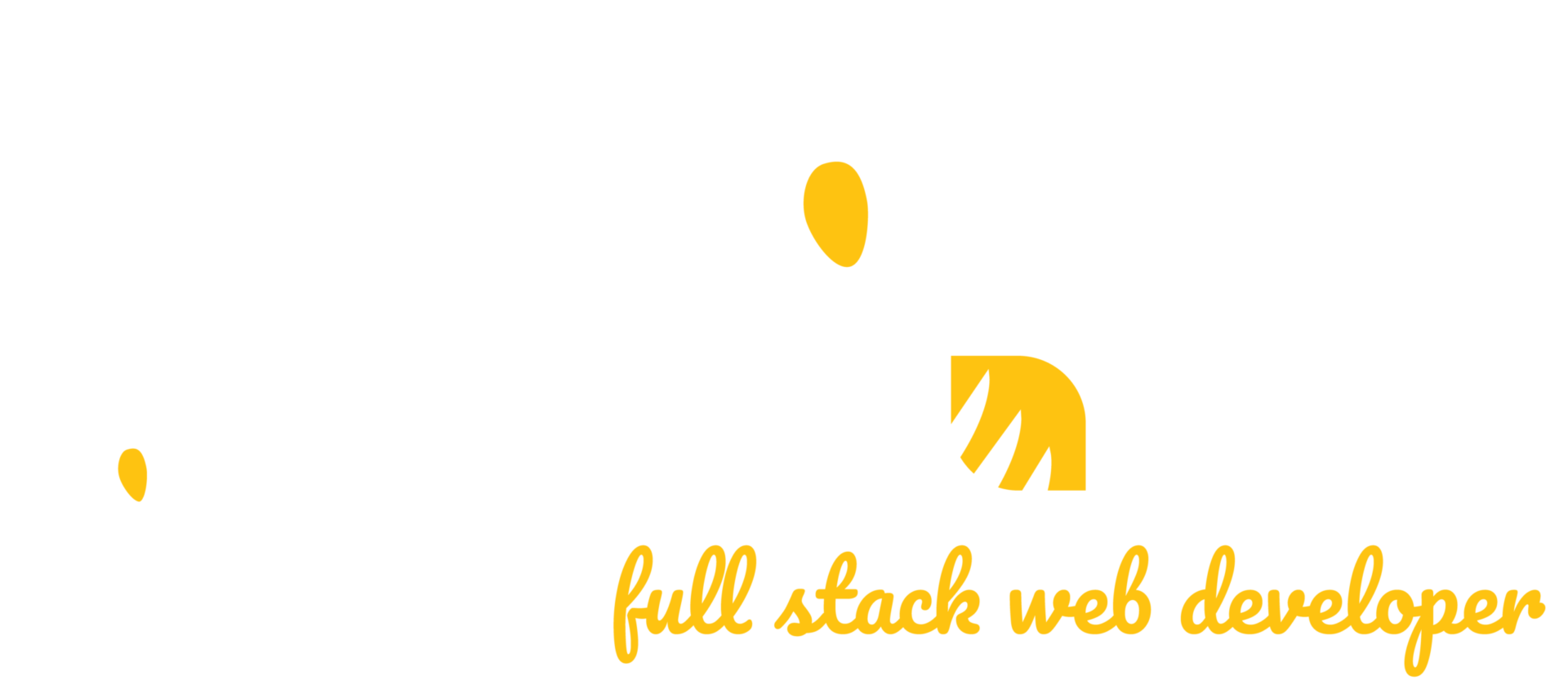Laravel is a powerful PHP framework that allows developers to build web applications efficiently. To enhance the development process, Laravel offers a wide range of plugins and packages that can improve functionality, streamline workflows, and enhance security. In this post, we’ll explore ten of the best Laravel plugins that every developer should consider for building dynamic, secure, and scalable applications.
Advantages of Using Laravel Plugins
Using Laravel plugins provides several benefits to developers and teams:
- Time-Saving: Plugins save developers from reinventing the wheel by providing pre-built solutions for common tasks such as authentication, debugging, and role management.
- Improved Functionality: They add advanced features such as payment gateways, social login, and backups, without requiring extensive custom code.
- Easier Maintenance: Plugins often come with regular updates and community support, making it easier to maintain and troubleshoot your application.
- Customizability: Most Laravel plugins are easily customizable, allowing developers to adapt them to meet specific project needs.
- Enhanced Security: Many plugins come with built-in security features, such as role-based access control and secure authentication methods.
1. Laravel Jetstream
Overview:
Laravel Jetstream is an advanced starter kit designed to give developers a solid foundation for building applications with built-in authentication and user management features. It offers a modern interface and supports features like registration, login, email verification, two-factor authentication, and session management. Jetstream provides a robust foundation for user management, including features like registration, login, and session management. Jetstream Documentation
Key Features:
- Authentication: Provides built-in support for user registration, login, and password reset.
- Team Management: Allows users to create and manage teams, making it ideal for collaborative projects.
- API Support: Comes with API token management using Laravel Sanctum, which simplifies token-based authentication.
Advantages:
- Quick Setup: Offers an easy and fast setup for creating user authentication systems.
- Modern Interface: Based on Tailwind CSS, it provides a sleek and attractive user interface.
- Extensible: Developers can extend it to integrate additional features, such as role-based access control.
Disadvantages:
- Learning Curve: Jetstream has a higher learning curve for beginners, especially when setting up team functionality.
- Tailwind CSS Dependency: Customizing the interface requires knowledge of Tailwind CSS.
2. Laravel Debugbar
Overview:
Laravel Debugbar integrates the PHP Debug Bar with Laravel, offering real-time visual debugging tools to help developers troubleshoot their applications. Laravel Debugbar integrates PHP Debug Bar, offering visual debugging tools for developers. Laravel Debugbar GitHub
Key Features:
- Real-Time Debugging: Displays detailed information about queries, routes, views, and request parameters.
- Performance Monitoring: Tracks execution times for queries and requests to identify bottlenecks.
- Custom Data: Allows developers to add custom data points to the debug bar for easier debugging.
Advantages:
- Simplifies Debugging: Offers a centralized view of key application data, making it easier to identify issues.
- Performance Insights: Helps developers find performance bottlenecks by tracking query execution times.
Disadvantages:
- Overhead in Production: Should not be left enabled in production, as it may impact performance.
- Limited to Development: Primarily useful during development, not intended for use in live applications.
3. Spatie Laravel Permission
Overview:
Spatie’s Laravel Permission package allows developers to easily manage roles and permissions in Laravel applications. It integrates with Laravel’s authentication system to provide a flexible role-based access control (RBAC) mechanism. Manage roles and permissions in your Laravel application with ease using this package. Spatie Laravel Permission
Key Features:
- Role Management: Enables defining roles and assigning permissions to users.
- Blade Directives: Provides convenient Blade directives to control access to routes and views.
- Custom Permissions: Allows the creation of custom permission logic tailored to the application’s needs.
Advantages:
- Flexible Management: Makes implementing RBAC in Laravel applications straightforward.
- Easy Integration: Works seamlessly with Laravel’s built-in authentication system.
Disadvantages:
- Complexity for Beginners: Understanding roles and permissions can be daunting for new developers.
- Performance Impact: Poorly designed permission hierarchies could lead to performance issues.
4. Laravel Socialite
Overview:
Laravel Socialite simplifies OAuth authentication with various social media platforms such as Facebook, Google, and Twitter. It allows developers to integrate social logins without writing extensive code. Socialite simplifies OAuth authentication with popular social media platforms. Laravel Socialite Documentation
Key Features:
- Multiple Providers: Supports popular platforms like Google, Facebook, GitHub, Twitter, and more.
- User Retrieval: Handles user authentication and data retrieval from social platforms.
- Simple API: Provides an intuitive API for redirecting users to authentication pages and handling callbacks.
Advantages:
- Simplifies Social Login: Reduces the complexity of adding OAuth logins.
- Seamless Integration: Easily integrates with Laravel’s authentication system.
Disadvantages:
- Dependency on Third-Party APIs: Relies on external APIs, which may undergo changes or become unavailable.
- Configuration Required: Requires configuration for each social platform, which can be tedious.
5. Laravel Cashier
Overview:
Laravel Cashier provides an expressive interface for managing subscription billing with Stripe. It simplifies the implementation of payment systems, including subscriptions, one-time payments, and coupon management. Laravel Cashier manages subscription billing with Stripe, including trial periods and invoices. Laravel Cashier Documentation
Key Features:
- Subscription Management: Manages recurring payments, trials, and invoices with ease.
- Flexible API: Provides a clean and expressive API for managing billing logic.
- Multiple Plans: Supports multiple subscription plans and handles upgrades and downgrades.
Advantages:
- Reduces Complexity: Streamlines the process of implementing complex billing logic.
- Reliable Payments: Offers seamless payment integration with Stripe, ensuring payment consistency.
Disadvantages:
- Tight Coupling with Stripe: Only works with Stripe, which may be limiting if you need alternative payment providers.
- Learning Curve: Requires familiarity with billing concepts like cycles and trial periods.
6. Laravel Telescope
Overview:
Laravel Telescope is an elegant debugging tool that provides insights into the requests, exceptions, jobs, and logs in your application, offering comprehensive monitoring capabilities. A powerful debug assistant that provides real-time insights into requests, exceptions, and more. Laravel Telescope Documentation
Key Features:
- Real-Time Monitoring: Displays real-time data about incoming requests, queries, and jobs.
- Detailed Insights: Tracks exceptions, logs, and database queries, allowing you to identify problems quickly.
- Filtering: Allows filtering and searching through debug data for targeted troubleshooting.
Advantages:
- Centralized Debugging: Provides an intuitive and centralized view of application health and performance.
- Performance Insights: Helps developers optimize their code by identifying performance bottlenecks.
Disadvantages:
- Performance Overhead: Should be disabled in production to avoid unnecessary overhead.
- Database Storage: Requires database storage for log data, which can grow large over time.
7. Laravel Horizon
Overview:
Laravel Horizon provides a beautiful dashboard to monitor Redis queues, making it easy to manage and track your jobs in real-time. Horizon offers a beautiful dashboard for managing Redis queues in real-time. Laravel Horizon Documentation
Key Features:
- Real-Time Monitoring: Monitor queue job processing with real-time insights.
- Dashboard: Offers a beautiful, intuitive interface for viewing job metrics.
- Detailed Metrics: Provides metrics on job throughput, failure rates, and processing times.
Advantages:
- Improves Queue Management: Simplifies managing Redis queues through a centralized interface.
- User-Friendly UI: Offers a visually appealing and functional interface for monitoring jobs.
Disadvantages:
- Redis Dependency: Requires Redis, which may not be ideal for all projects.
- Additional Configuration: Requires setup beyond standard queue management.
8. Laravel Backup
Overview:
Laravel Backup allows developers to create backups of their applications, including databases and files, ensuring disaster recovery in case of system failures. Create backups of your application, including files and databases, with this package. Laravel Backup Documentation
Key Features:
- Automated Backups: Schedule automated backups with ease.
- Multiple Storage Options: Supports local storage, S3, FTP, and other cloud providers.
- Backup Monitoring: Provides notifications for successful backups and failures.
Advantages:
- Reliable Backup Management: Simplifies managing backups for Laravel applications.
- Customizable: Customizable backup options for databases, files, and cloud storage.
Disadvantages:
- Storage Management: Requires careful management of backup files to avoid storage bloat.
- Complex Configuration: May require additional configuration to work optimally.
9. Laravel Excel
Overview:
Laravel Excel simplifies importing and exporting data to and from Excel and CSV files, making it ideal for data-heavy applications. Easily import and export Excel files using this package, which supports large datasets. Laravel Excel GitHub
Key Features:
- Batch Imports and Exports: Efficiently handle large datasets.
- Multiple Formats: Supports Excel (XLSX) and CSV file formats.
- Simple API: Offers an intuitive API for data manipulation.
Advantages:
- Data Management: Simplifies importing/exporting large datasets, making it useful for e-commerce, reports, etc.
- Performance: Efficiently handles large datasets without impacting application speed.
Disadvantages:
- Learning Curve: Some advanced features require more in-depth knowledge of the package.
- Resource-Intensive: Large files can impact performance if not handled properly.
10. Laravel Livewire
Overview:
Laravel Livewire enables developers to build dynamic, reactive user interfaces without writing complex JavaScript. It uses Laravel’s Blade syntax for seamless integration with the backend. Livewire allows you to create dynamic, reactive components without leaving the comfort of Laravel. Laravel Livewire Documentation
Key Features:
- Reactive Components: Create real-time updating components without the need for JavaScript frameworks.
- Blade Syntax: Works within Laravel’s Blade templating engine.
- Simplified Frontend Development: Allows you to build interactive UIs with minimal JavaScript.
Advantages:
- Simplifies Development: Eliminates the need for complex front-end frameworks, allowing for a more Laravel-centric approach.
- Familiar Syntax: Works with Laravel’s Blade, making it easy to learn for Laravel developers.
Disadvantages:
- Performance Overhead: May introduce performance issues when handling complex interfaces.
- Limited to Laravel: It is tightly integrated with Laravel, which may limit portability.
Conclusion
These top 10 Laravel plugins can greatly enhance your development experience, streamlining everything from authentication and debugging to subscription management and data handling. By choosing the right plugins for your project, you can improve efficiency, enhance security, and create more robust applications. Each plugin has its unique strengths and potential drawbacks, so consider your project’s specific needs when deciding which ones to implement. Leveraging these tools will enable you to create dynamic, scalable, and secure Laravel applications with greater ease and flexibility.
Explore More on Laravel and PHP
If you’re interested in diving deeper into Laravel and PHP development, check out these related articles on our blog:
- Top 5 PHP Security Practices to Protect Your Applications in 2024
- Laravel Eloquent: Checking for Nested Relationships
These resources provide valuable insights and best practices to enhance your development skills and keep your applications secure. Happy coding!

